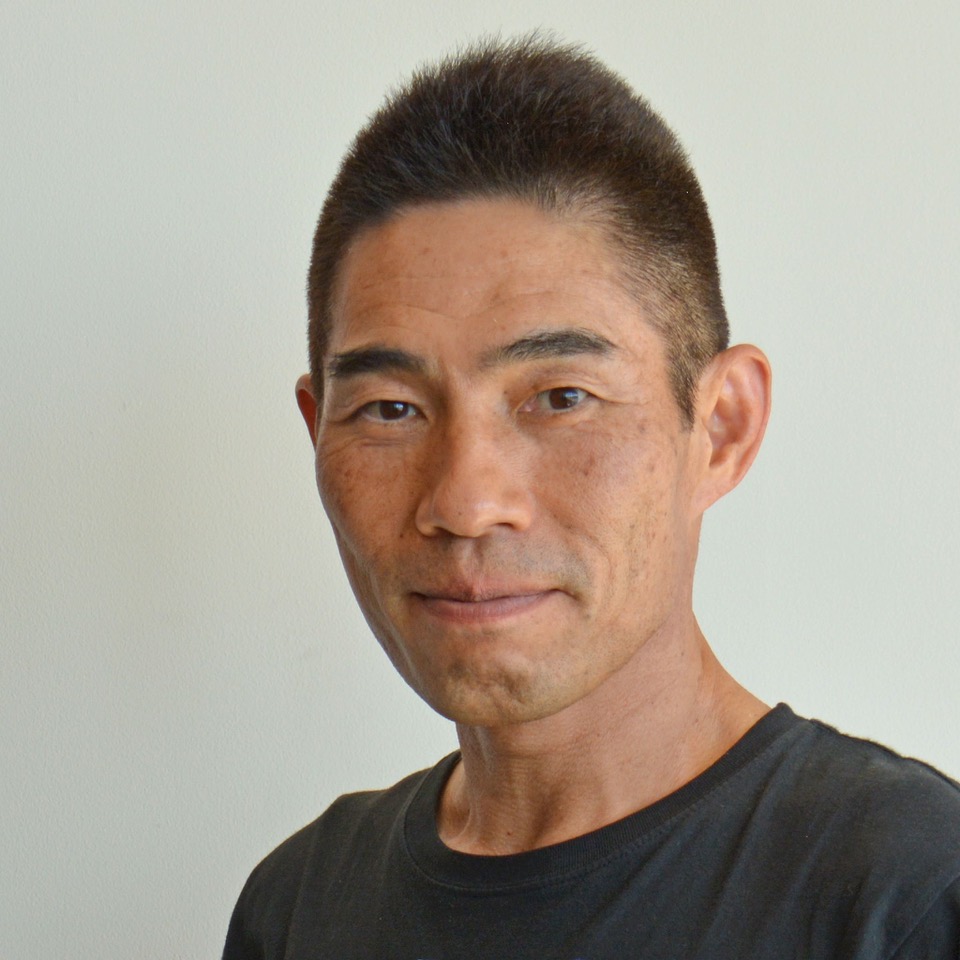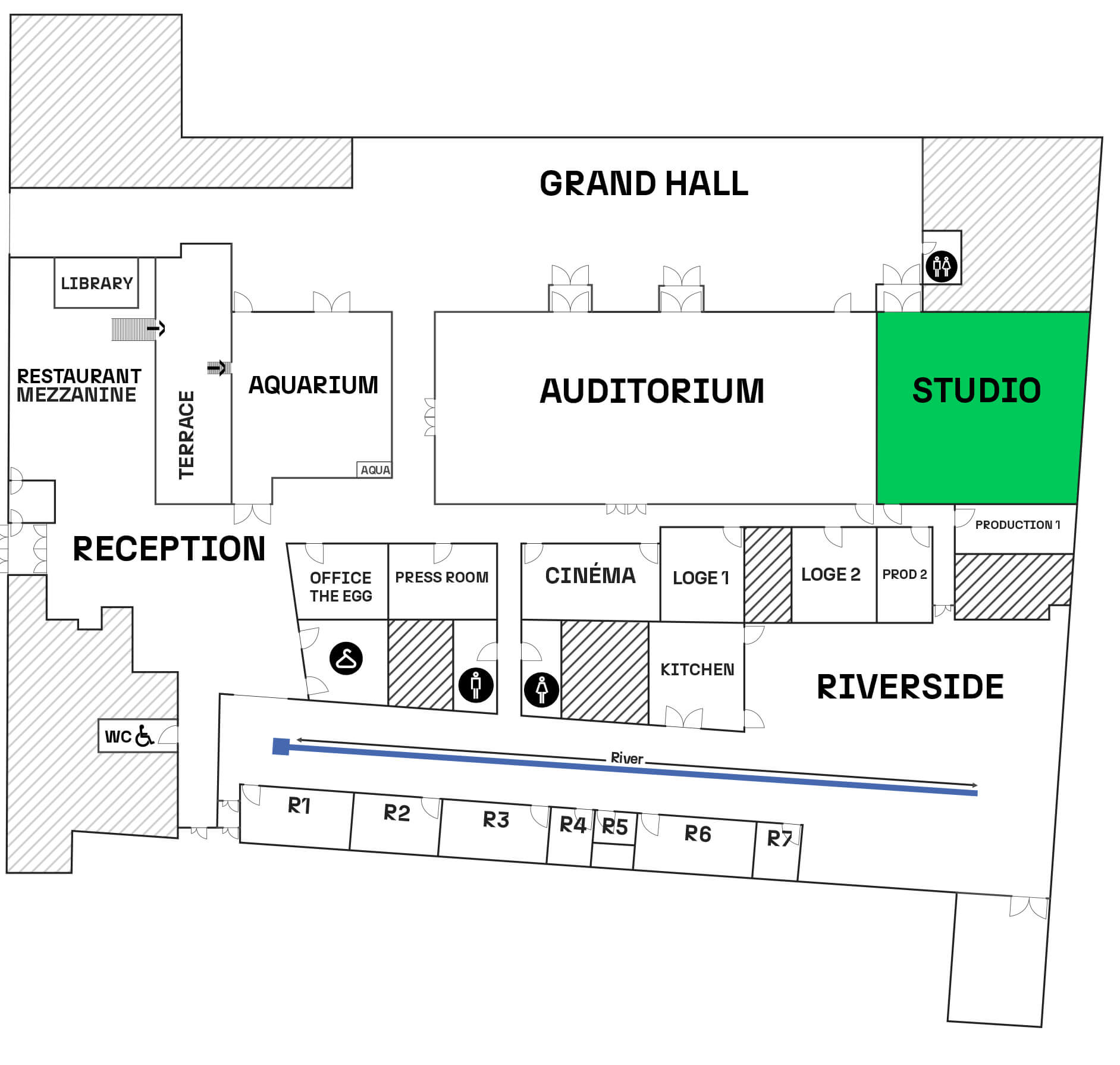Parallel session: Making Neural Data and Algorithms Interoperable Across the World
This session examines strategies for achieving interoperability among data, data platforms, analysis pipelines, and modeling tools across major international brain initiatives. Each initiative brings unique strengths—such as the comprehensive EBAINS platform, the U.S. BRAIN Initiative data archives and brainlife.io platform, and the marmoset and human data and tools from Japan’s Brain/MINDS project. By integrating these complementary efforts, we aim to identify new opportunities to deepen our understanding of brain function and to accelerate translational research in clinical neuroscience.
A key focus will be on how detailed circuit data and computational models derived from rodent, non-human and human primate research can inform large-scale brain models to better elucidate cognitive processes and neuropsychiatric disorders. The recent rapid advances in large language models (LLMs) and their interoperability via the Model Context Protocol (MCP) further open novel pathways for harmonizing diverse data formats, ontologies, species, biophysical scales, and geographic boundaries.
In this session, speakers from Europe, the United States, Canada, and Japan will share their current initiatives and perspectives on promoting global data and tool interoperability, followed by an open discussion to brainstorm collaborative frameworks and future research directions.

Who You’ll Be Hearing From
This session brings together expert voices from across the EBRAINS community and beyond. Discover the people sharing their insights, research, and perspectives on the topic.


Franco earned his Ph.D. from New York University and completed postdoctoral training at Columbia and Stanford University. He is the Founder and Director of brainlife.io, a public platform for data management and analysis, and the Principal Investigator of the NIH BRAIN CONNECTS Data Coordination Center (brain-connects.org). He also leads the international BRIDGE initiative on data governance and sharing (braindatagovernance.org). His research integrates neuroscience, psychology, computer science, and data science, with expertise in brain connectivity, neuroinformatics, large-scale data integration, and AI-driven research infrastructure.


Kenji Doya is a Professor of Neural Computation Unit, Okinawa Institute of Science and Technology Graduate University (OIST). He studies reinforcement learning and probabilistic inference, and how they are realized in the brain. He took his PhD in 1991 at the University of Tokyo, worked as a postdoc at U. C. San Diego and the Salk Institute, and joined Advanced Telecommunications Research International (ATR) in 1994. In 2004, he was appointed as a Principal Investigator of the OIST Initial Research Project and as OIST established itself as a Graduate University in 2011, he became a Professor and served as the Vice Provost for Research till 2014. He served as Co-Editor in Chief of Neural Networks from 2008 to 2021, President of Japanese Neural Network Society (JNNS) from 2023 to 2024, and General Chair of Neuro2022 and ICONIP2025 in Okinawa. He received INNS Donald O. Hebb Award in 2018, JNNS Academic Award and APNNS Outstanding Achievement Award in 2019, and finished Ironman World Championship 2024 in Kona, Hawaii.


Jean-Baptiste (JB) Poline, PhD, is a tenured Professor in the Department of Neurology and Neurosurgery, and at the School of Computer Science at McGill; the director of the ORIGAMI (https://neurodatascience.github.io/) neuro-data-science laboratory where the Neurobagel (https://neurobagel.org) and Nipoppy (https://nipoppy.readthedocs.io/en/latest/) projects are developed. He is a strong proponent of open and reproducible science, founded or co-founded two scientific journals, works with several groups on training (ReproNim, Neurohackademy, etc) or standardization (GA4GH, INCF) initiatives, chaired the International Neuroinformatics Coordinating Facility scientific council, Chaired the NeuroHub and Technical Steering Committee for the Canadian Open Neuroscience Platform at the Neuro. Among the early pioneers of functional magnetic resonance imaging (fMRI), today, Prof. Jean-Baptiste Poline is a leading researcher in the fields of neuroimaging, imaging genetics, data science and neuroinformatics technologies and works with several initiative worldwide to develop open, reproducible, and efficient neuroimaging research.


Viktor Jirsa is Chief Science Officer at the EBRAINS AISBL. He studied Theoretical Physics and Philosophy in Stuttgart, Germany, and is Director of Research at Centre National de la Recherche Scientifique (CNRS) and Director of the Inserm Institut de Neurosciences des Systèmes (INS) at Aix-Marseille University. Since the late 90s, Viktor Jirsa has made pioneering contributions to the understanding of how network structure constrains the emergence of functional dynamics using methods from nonlinear dynamic system theory and computational neuroscience. His work laid the theoretical basis for connectome-based brain modeling. During the Human Brain Project, he led the efforts in personalized brain modeling in epilepsy, ultimately contributing to the digital twin use in brain medicine. He has significant experience in coordinating national and international research consortia and organisations. Since 2005, he has been the leader of the brain simulation platform The Virtual Brain; during 2019-2024 he was scientific coordinator of the clinical trial EPINOV in epilepsy surgery; and since 2024 he coordinates the large European project Virtual Brain Twin to improve medication outcome in schizophrenia.
Find your way on the map

